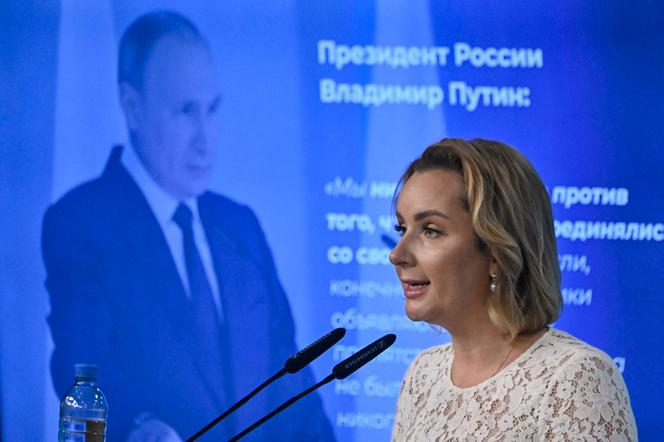


A race against time to repatriate Bogdan Ermokhin to Ukraine has begun. The teenager, an orphan deported from Russian-occupied Mariupol in the Donbas region, will turn 18 on November 19. He has already received a summons from the Russian army's military recruitment office: the appointment is set for December 19. His cousin, Valeria Poparcha, a resident of Odesa and now his legal guardian, and his Ukrainian lawyer, Kateryna Bobrovskaya, fear that they will lose contact with him during his military service and that he will disappear into the convolutions of the Russian army, or even be mobilized against his will to fight on the Ukrainian front.
Ermokhin is no stranger to public awareness. He belongs to a group of children dubbed the "Mariupol 31," who were transferred from an orphanage in the city, which was conquered by the Russian army in May 2022, to the Polyany center in the Moscow region. These 31 Ukrainian orphans were displayed on television for propaganda purposes by Moscow's Commissioner for Children's Rights, Maria Lvova-Belova, who herself adopted one of them, Filipp Golovnya. Ermokhin was then taken in by a Russian foster family.
Moscow claims to have "welcomed" 744,000 Ukrainian children, accompanied or unaccompanied, onto Russian soil. Kyiv, for its part, claims to have identified 19,546 children in cases of "deportation" and "forced population transfer" in violation of the Geneva Conventions. This Russian policy of deporting and Russifying Ukrainian children, under the guise of humanitarian evacuations, earned Russian President Vladimir Putin and Lvova-Belova an arrest warrant on March 17 from the International Criminal Court in The Hague, which adjudicates cases in which individuals are accused of genocide, crimes against humanity and war crimes. To date, only 386 children deported to Russia have been repatriated to Ukraine, either by their families or thanks to humanitarian associations.
If Golovnya's case became famous because he was adopted by the architect of the policy of transferring Ukrainian children to Russia, Ermokhin's case is emblematic from another point of view. Not only has Ermokhin expressed his desire to return to Ukraine, where he has a legal guardian and papers in order, but also the idea of his return was accepted by both Russia's Commissioner for Human Rights Tatyana Moskalkova and his Russian foster mother, Irina Rudnitskaya, during a video conversation organized by his lawyer on October 24. Since that appointment, however, nothing has happened. Communication with him has become almost impossible and his 18th birthday is approaching.
You have 55% of this article left to read. The rest is for subscribers only.
